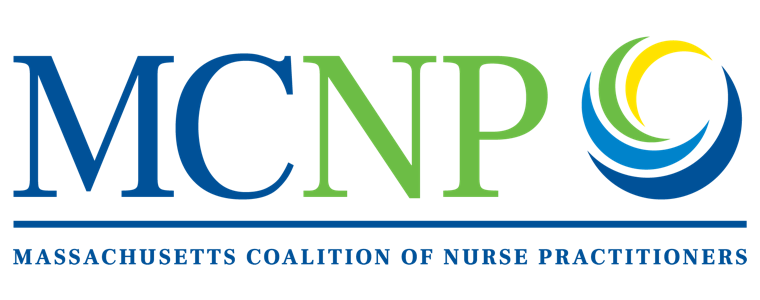Forbes.com Op Ed on Restrictive SOP Laws for NPs
Posted on 4/29/2020 in MCNP News

Nick Sibilla, Senior Contributor, Policy
4/29/2020
As the coronavirus continues to rage, it remains critical to “raise the line” and expand capacity for the nation’s health care system. One key element are nurse practitioners (NPs), registered nurses with years of experience who have earned advanced practice degrees (either a master’s or doctorate). Nationwide, there are more than 290,000 licensed NPs, but they face a regulatory environment that can vary dramatically from state to state.
Thanks to anticompetitive scope-of-practice laws in 22 states, nurse practitioners are barred from working in hospitals, even as volunteers, unless they are supervised by or collaborate with a physician. These states also impose a variety of bureaucratic hurdles, like limiting the number of NPs a physician may supervise or requiring NPs to operate within a certain geographic radius of their supervising physicians.
Not only that, the cost of all that red tape sometimes falls on the NPs themselves. Maintaining a “collaborative practice agreement” with a physician can cost thousands of dollars each month, while establishing an agreement can cost up to $50,000.
In sharp contrast, in more than half the country, nurse practitioners have full practice authority, allowing them to diagnose patients, prescribe controlled substances, and order lab work and x-rays, without physician oversight. Thirteen states, plus Washington, D.C. let NPs operate independently as soon as they’re licensed. Another 15 states grant full practice and prescriptive authority after NPs finish a transitional oversight period.
To “help overburdened hospitals and needy patients,” the Institute for Justice has sent letters to health departments and nursing boards in eight states—California, Florida, Georgia, Mississippi, North Carolina, Oklahoma, Texas, and Virginia—urging regulators to suspend supervision requirements as soon as possible.
“Physician supervision requirements are completely unnecessary and are hurting states’ efforts to respond to COVID-19,” said Institute for Justice Senior Attorney Erica Smith, who authored the letters. “Nurse practitioners want to be able to volunteer now, but they are getting caught in red tape.”
Amidst the pandemic, some regulators are finally starting to ease restrictions on NPs, if only for the moment. Kentucky, Louisiana, New Jersey, New York, and Wisconsin have all fully suspended their collaborative practice requirements. Shortly after IJ sent its letter, Virginia lowered its requirement for NPs to operate independently, from five years to two years of experience.
Waiving or outright repealing scope-of-practice limitations has earned support from both the left and the right. Last month, Alex Azar, secretary of the Department of Health and Human Services under the Trump Administration, urged states to waive scope-of-practice restrictions for nurse practitioners to combat the COVID-19 pandemic.
During the Obama Administration, the Federal Trade Commission called on state lawmakers to revise supervision requirements, warning that they are “likely to impede competition among health care providers...leading to decreased access to health care services, higher health care costs, reduced quality of care, and less innovation in health care delivery.”
Research further bolsters this bipartisan consensus. A 2018 study from the Brookings Institution found that there was “no evidence of harm to patients” related to looser scope-of-practice laws. “When no harm is present," the report continued, "the restrictions serve only to generate artificial barriers to care that ultimately provide physicians with protection from competition.” Moreover, deregulating nurse practitioner laws would lower costs by more than $540 million each year by reducing emergency room usage for “conditions that are preventable or treatable by effective outpatient care.”
Likewise, a report from the American Enterprise Institute concluded that “the cost of care provided to Medicare beneficiaries by NPs was significantly lower than primary care provided by physicians.” The AEI study further reported that “NPs are significantly more likely than primary care physicians to care for vulnerable populations,” as well as in rural communities and for racial minorities.
Perhaps unsurprisingly, “hours worked and self-employment both increase when nurses practice in regulatory environments that are free from physician oversight requirements,” according to a working paper published by the National Bureau of Economic Research. Little wonder then that the Mercatus Center has called expanding scope of practice one of the “most effective reforms” states can enact to combat the pandemic.
Reprinted from:
https://www.forbes.com/sites/nicksibilla/2020/04/29/how-red-tape-keeps-nurse-practitioners-from-working/#314654a3727a
